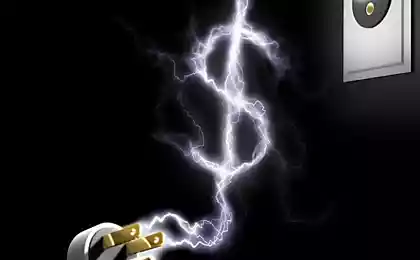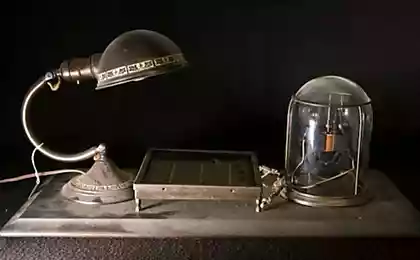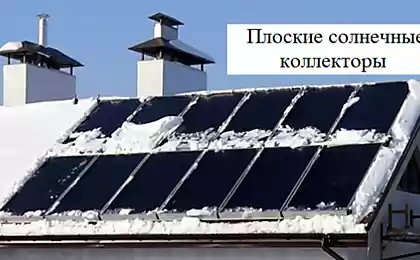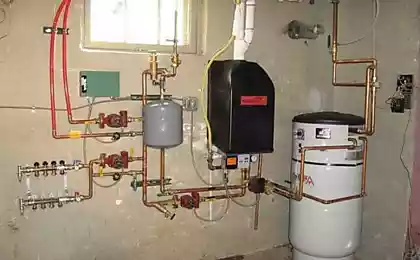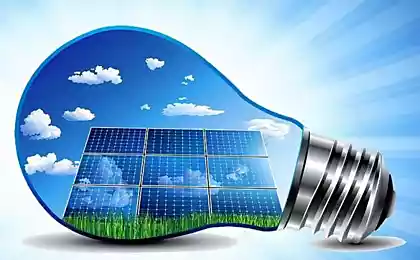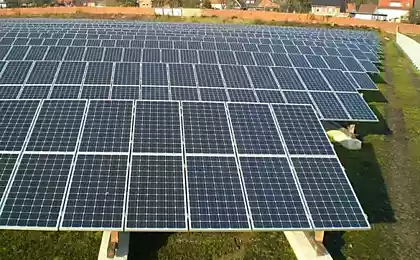519
7 myths and misconceptions about saving electricity
Saving electricity is not an exact science with ready recipes and continuous path of experimentation and improvement. And along the way there are different nuances. That brings considerable savings in the same conditions, leads, conversely, to increase the flow in others. There is also a separate category of "bad advice", which, at first glance, sound reasonable, but are more harm than good. About them will be discussed.
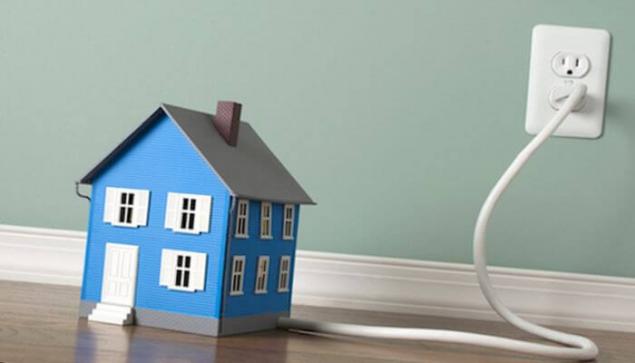
Modern hob is more economical than gasAlas. Beautiful? Yes. The? Possible. But on energy consumption, they differ little from their ancestors, of conventional electric stoves. Mankind has long learned to convert electrical energy into heat with almost 100% efficiency. If someone will be able to overcome this threshold — then we can compare, and yet cooking with electricity costs about 2-3 times more expensive than gas.
More economical to maintain a constant temperaturewe are Talking, primarily, about heating with electricity. Supporters of this myth suggest the argument that, supposedly, if you turn off the boiler or heater, then it will spend twice as much to catch up on the required temperature. Therefore, they say, cheaper if it will work permanently.
Misconception refuted all those Spanish scientists from Zaragoza. They compared the consumption of heating devices in two modes:
Appliances in standby mode consumes a minusculeWell how to say... According to research by Spanish scientists, the year "energy vampires" suck out of our family budget an amount equal to the monthly invoice for electricity. A lot or a little? Judge for yourself.
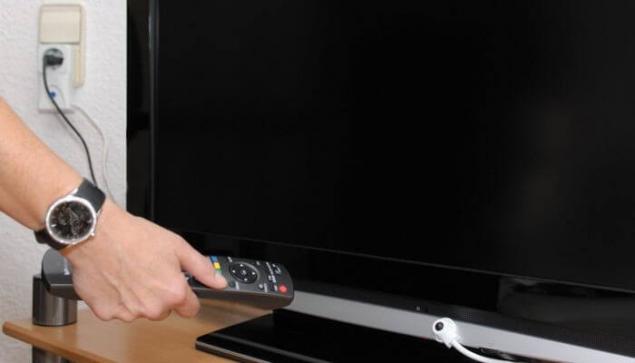
The role of thermal insulation exaggeratingit's Amazing how many people spend money on pricey heating system or air conditioning, but do not even think about high-quality Windows or insulation. Meanwhile, energy-saving Windows with triple-pane Windows can save up to 50% of heat in winter and cold in summer, which will give significant savings in electricity.
Energy saving lamps do not need to frequently shut downthe Old fallacy that goes back even to the bulbs. Even then, many claimed that the constant light of the profitable frequent inclusions of outages. The myth is based on the fact that during turn on the lamp, she gets a lot of current, which affects the increase in consumption and premature failure.
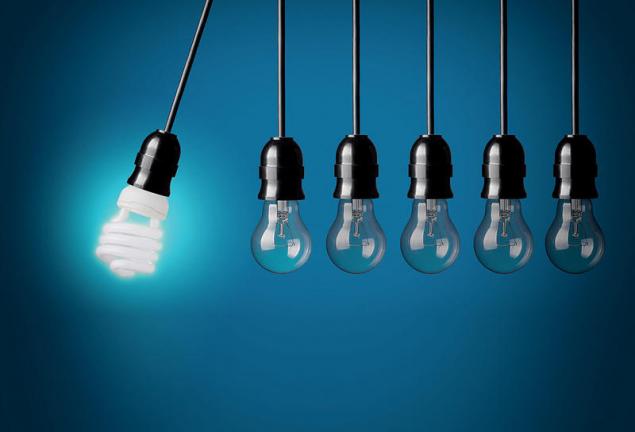
Even in the times of the first energy-saving lamps, the problem was, to put it mildly, a little far-fetched, and was dependent on the understanding of the word "often". If you ask for and continuously pull the switch up and down, then you can ditch the light bulb and during the day. But if leave the room for more than 5-10 minutes, the shutdown will result in substantial savings of electricity, even taking into account some reduction of lamp life.
Energy saving lamps do not give saving because of its cost, Yes, they are somewhat more expensive than conventional incandescent and halogen. However, the service life is much longer. It is estimated that the "housekeeper" pays for itself in a year and a half. A normal manufacturers offer a warranty of 2-3 years, so consider. To save electricity without much damage to the wallet, should be replaced in the first place, the lamps in those rooms you use most light.
Saving electricity is incompatible with the comfortDoes not have to abandon home appliances and sit in the cold and the dark to save a few cents. But you will not lose anything if you change some of your habits: turn off lights and heating when they are not needed, do not leave appliances in standby mode... And the result is bound to be. published
Source: ecoblog.pro/7-mifov-ob-ekonomii-elektrichestva/

Modern hob is more economical than gasAlas. Beautiful? Yes. The? Possible. But on energy consumption, they differ little from their ancestors, of conventional electric stoves. Mankind has long learned to convert electrical energy into heat with almost 100% efficiency. If someone will be able to overcome this threshold — then we can compare, and yet cooking with electricity costs about 2-3 times more expensive than gas.
More economical to maintain a constant temperaturewe are Talking, primarily, about heating with electricity. Supporters of this myth suggest the argument that, supposedly, if you turn off the boiler or heater, then it will spend twice as much to catch up on the required temperature. Therefore, they say, cheaper if it will work permanently.
Misconception refuted all those Spanish scientists from Zaragoza. They compared the consumption of heating devices in two modes:
- constant maintenance of the same temperature;
- intermittent heating with subsequent heating to the same temperature.
Appliances in standby mode consumes a minusculeWell how to say... According to research by Spanish scientists, the year "energy vampires" suck out of our family budget an amount equal to the monthly invoice for electricity. A lot or a little? Judge for yourself.

The role of thermal insulation exaggeratingit's Amazing how many people spend money on pricey heating system or air conditioning, but do not even think about high-quality Windows or insulation. Meanwhile, energy-saving Windows with triple-pane Windows can save up to 50% of heat in winter and cold in summer, which will give significant savings in electricity.
Energy saving lamps do not need to frequently shut downthe Old fallacy that goes back even to the bulbs. Even then, many claimed that the constant light of the profitable frequent inclusions of outages. The myth is based on the fact that during turn on the lamp, she gets a lot of current, which affects the increase in consumption and premature failure.

Even in the times of the first energy-saving lamps, the problem was, to put it mildly, a little far-fetched, and was dependent on the understanding of the word "often". If you ask for and continuously pull the switch up and down, then you can ditch the light bulb and during the day. But if leave the room for more than 5-10 minutes, the shutdown will result in substantial savings of electricity, even taking into account some reduction of lamp life.
Energy saving lamps do not give saving because of its cost, Yes, they are somewhat more expensive than conventional incandescent and halogen. However, the service life is much longer. It is estimated that the "housekeeper" pays for itself in a year and a half. A normal manufacturers offer a warranty of 2-3 years, so consider. To save electricity without much damage to the wallet, should be replaced in the first place, the lamps in those rooms you use most light.
Saving electricity is incompatible with the comfortDoes not have to abandon home appliances and sit in the cold and the dark to save a few cents. But you will not lose anything if you change some of your habits: turn off lights and heating when they are not needed, do not leave appliances in standby mode... And the result is bound to be. published
Source: ecoblog.pro/7-mifov-ob-ekonomii-elektrichestva/




